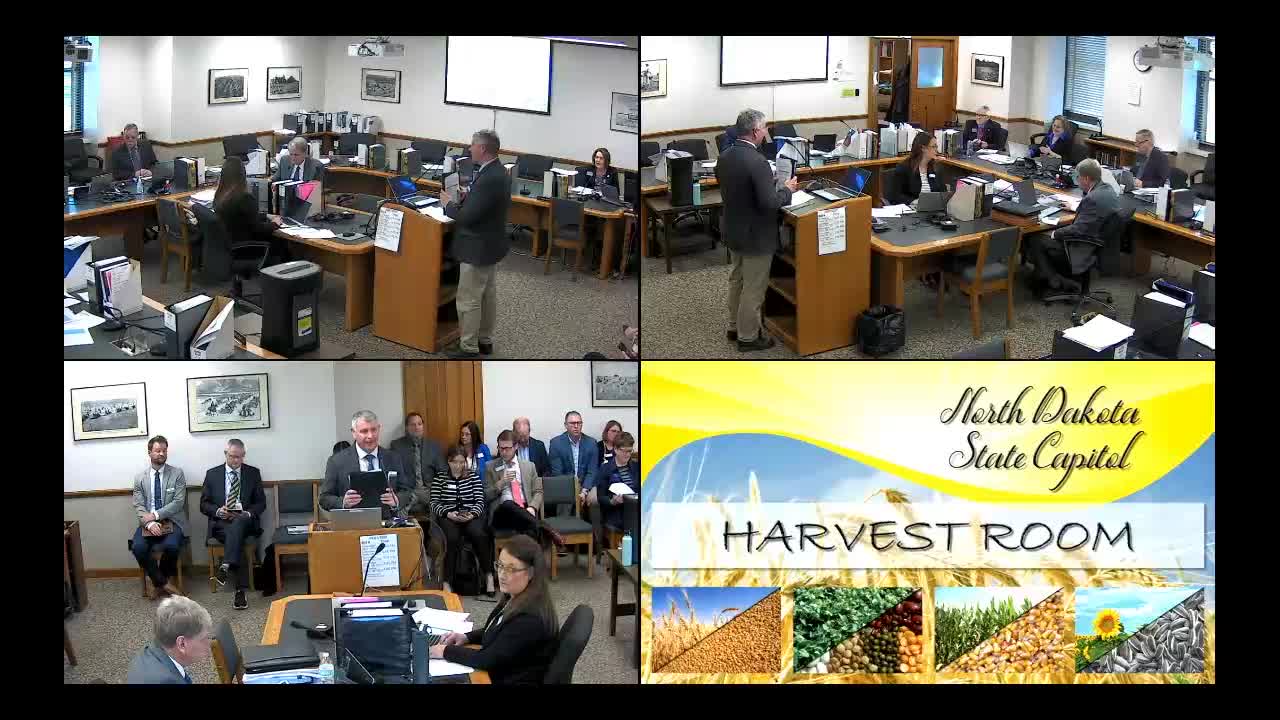DEQ and Public Finance Authority explain proposed wastewater grants; $25 million would reach about eight priority projects
Get AI-powered insights, summaries, and transcripts
Subscribe
Summary
Department of Environmental Quality and the Public Finance Authority described how a proposed $25 million grant appropriation could be applied to wastewater projects on the Clean Water SRF priority list.
Officials from the Department of Environmental Quality and the Public Finance Authority briefed senators on a proposal to provide grant funding for wastewater projects and how that would interact with the Clean Water State Revolving Fund (SRF).
David Brushwine, director of the Division of Municipal Facilities at DEQ, said DEQ administers technical review and the Clean Water SRF provides below-market loans and some loan forgiveness. He told the committee the draft 2025 priority list contains 257 projects totaling about $1.4 billion and that an additional $25 million in state grant funding would potentially benefit about eight projects on that list that otherwise lack sufficient grant support to proceed.
“Part of this loan program does go towards what we call loan forgiveness or in other words, another word for grants,” Brushwine said. He added that federal funding increases in recent years expanded the amount the program can provide for grants; DEQ currently provides roughly $7 million annually in grant-level assistance but expects that amount to decline after 2026.
Linda Swyhovick, who represents the Public Finance Advisory Authority, said grant awards for drinking-water projects have outpaced grant support for clean-water projects and that small towns frequently cannot afford projects even with low-interest SRF loans because the per-user rate increases would be substantial. “There is a great disparity in grant funding available for the clean water portion,” Swyhovick said, and the Authority supports targeted state grant assistance.
Committee members asked how projects are ranked and selected for loans or grants; Brushwine said projects on the SRF priority list are scored using affordability, water-quality impacts, permit compliance, readiness to proceed and green project reserve criteria. Witnesses agreed that the SRF loan program has funded projects that can repay loans and that the proposed additional state grant money would be intended mostly for projects that cannot proceed without a grant.
No committee vote on the proposed grant appropriation was recorded in the transcript segment; committee members asked for the priority list and other follow-up materials.
